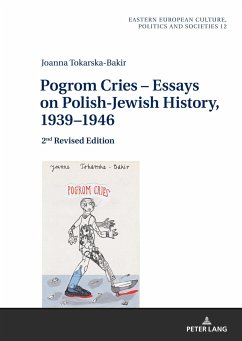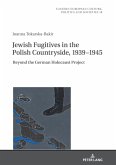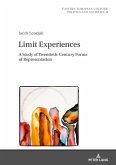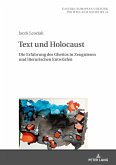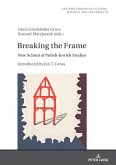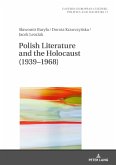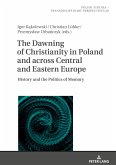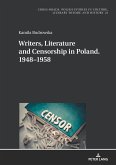This book focuses on the fate of Polish Jews and Polish-Jewish relations during the Holocaust and its aftermath, in the ill-recognized era of Eastern-European pogroms after the WW2. It is based on the author's own ethnographic research in those areas of Poland where the Holocaust machinery operated. The results comprise the anthropological interviews with the members of the generation of Holocaust witnesses and the results of her own extensive archive research in the Polish Institute for National Remembrance (IPN).
«[This book] is at times shocking; however, it grips the reader's attention from the first to the last page. It is a remarkable work, set to become a classic among the publications in this field.»
Jerzy Jedlicki, Professor Emeritus at the Institute of History of the Polish Academy of Sciences
«[This book] is at times shocking; however, it grips the reader's attention from the first to the last page. It is a remarkable work, set to become a classic among the publications in this field.»
Jerzy Jedlicki, Professor Emeritus at the Institute of History of the Polish Academy of Sciences

